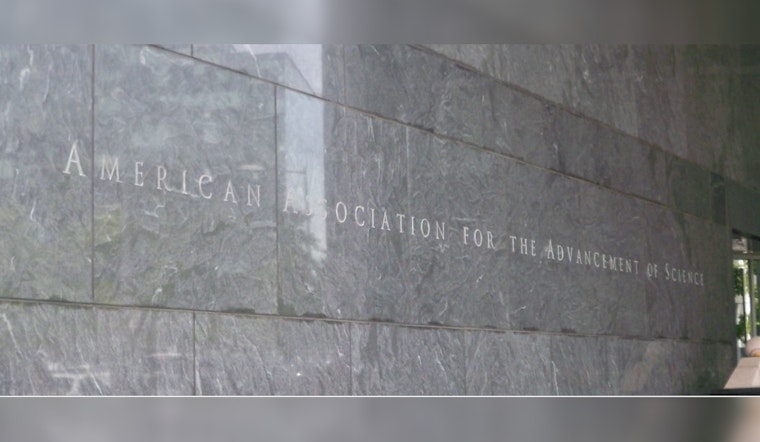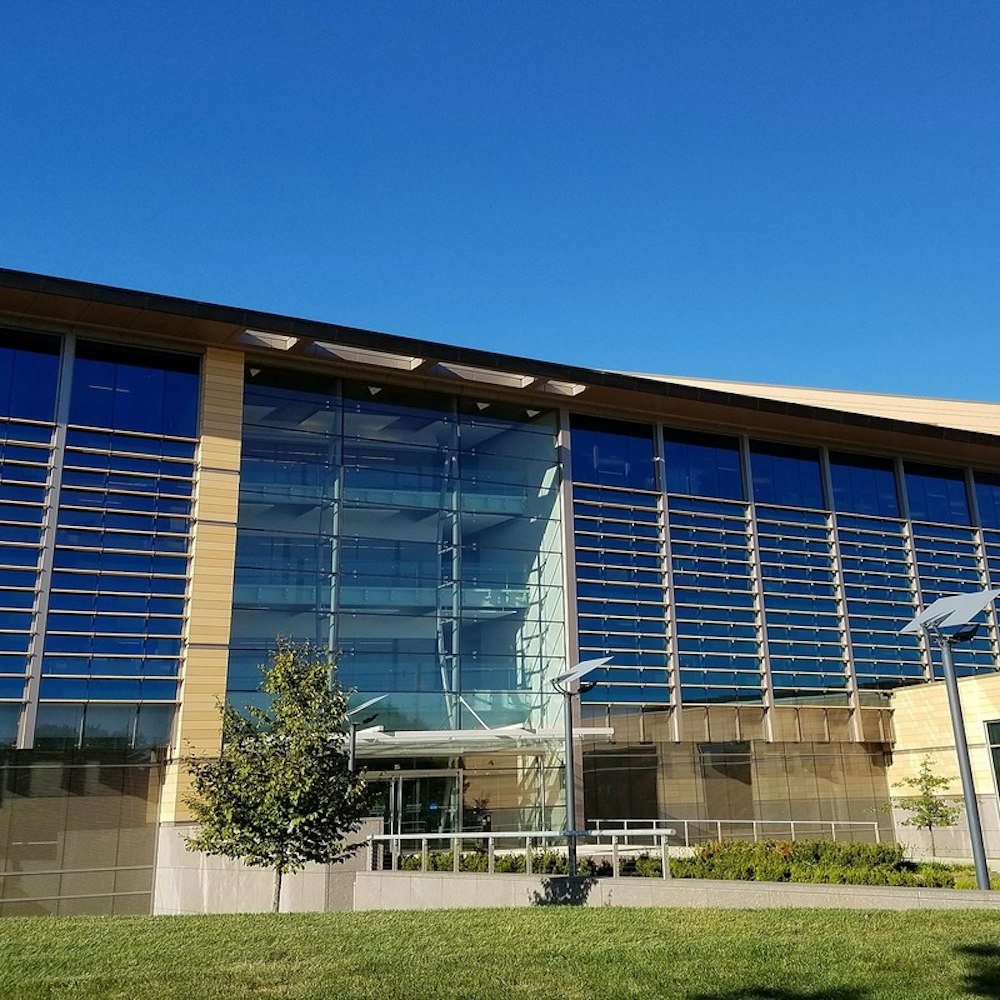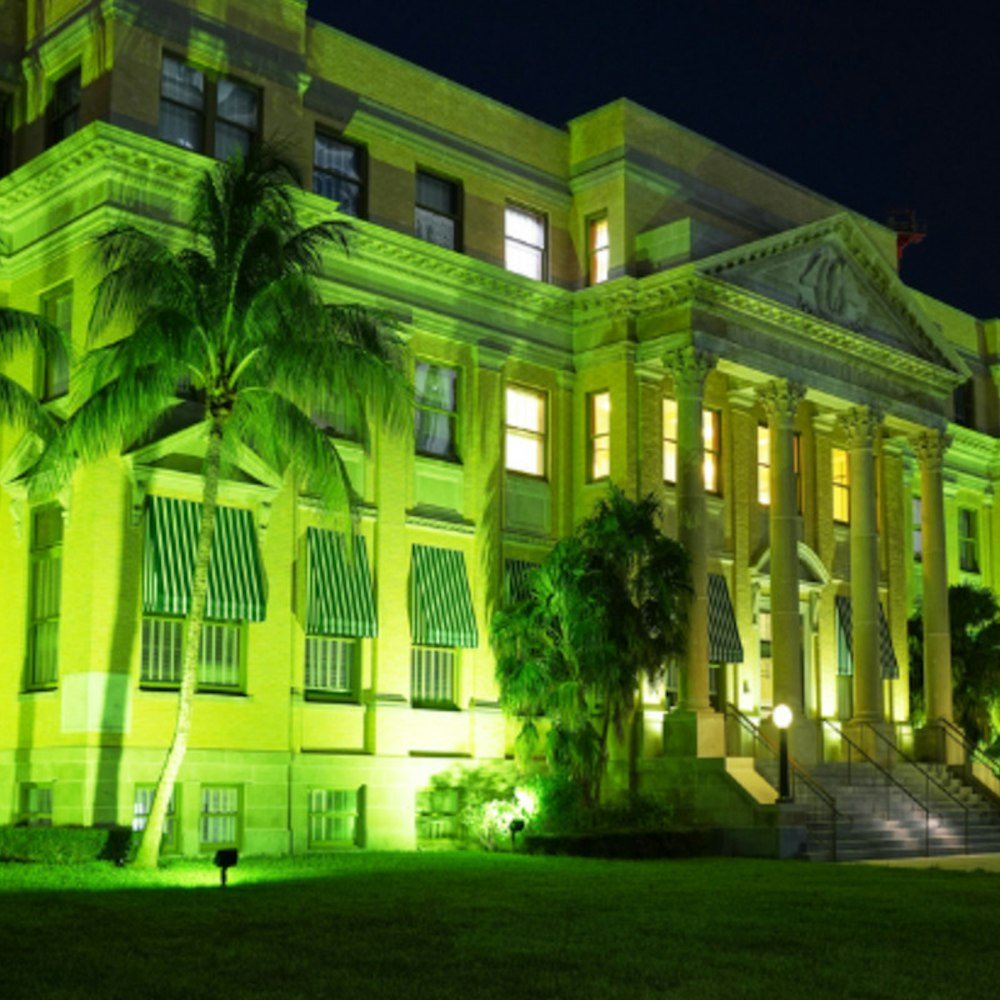
Eleven University of Texas at Austin faculty members have joined the ranks of the American Association for the Advancement of Science (AAAS) as elected fellows, an accolade reserved for those who have made noteworthy advancements in the STEM fields. The announcement, released by UT News, spotlights the individuals' contributions ranging from artificial intelligence breakthroughs to paradigm-shifting water resource management.
AAAS hailed as the world's largest general scientific society, deepened its roster with 502 new fellows this year, now including UT Austin's leading lights. The chosen faculty represent an array of specialties, poised to proudly elevate not only their personal scientific achievements but also to bolster collaborative efforts and public understanding of science. Notably, Hal Alper and his team have ventured to radically design enzymes to rapidly break down stubborn PET plastics, an initiative with far-reaching environmental implications.
The cohort from UT contributes to a spectrum of groundbreaking endeavors. Jaquelin Dudley, the Key player in infectious disease and cancer research, is tackling issues ranging from viral oncology to gene therapy for breast cancer. Anthony Dudo engages with the dynamics of scientific public engagement, unwrapping the interplay between scientists' communication efforts and public perceptions of their work. Kristen Grauman's foray into AI's visual cognition stands out, as does Lizy Kurian John's work on architectural solutions for computing and AI systems.
Arlen Johnson delves into the mechanics of how cells decode genomes to produce proteins, while Daniel Leahy's exploration of molecular signaling pathways promises fresh cancer treatment strategies. Elaine Li's investigations into quantum materials could revolutionize future tech in information security and efficiency. Tanya Paull's research, significant to cancer and neurology fields, hones in on the body's response to DNA damage and oxidative stress.
Others, like Bridget Scanlon, are prominent in environmental academia. As a newly elected fellow, Scanlon's voice on sustainable water resources carries both academic heft and operative pragmatism, potentially shaping water management policies. Meanwhile, Guihua Yu's innovative approach to materials science, crafting novel solutions to energy and sustainability challenges, further demonstrates the versatility and impact of UT Austin's scientific community.
The newly inducted fellows will be officially celebrated at an AAAS ceremony in Washington, D.C., come September, following a featured spot in the AAAS News & Notes section of the journal Science later this month.









